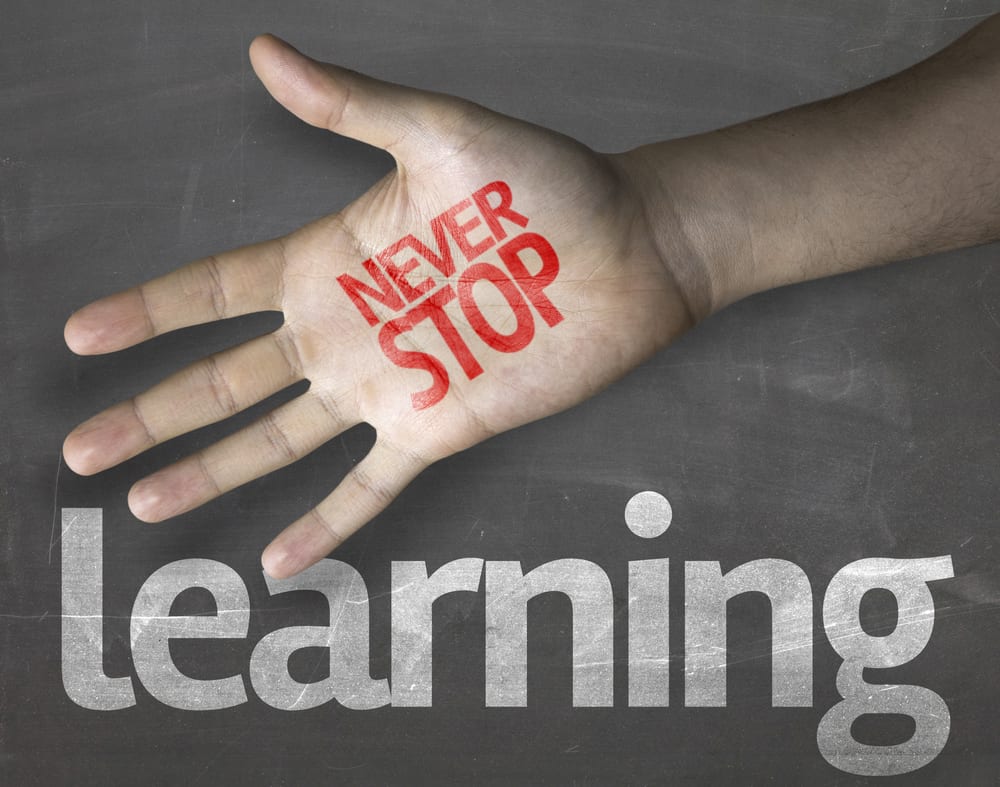Organizational learning can be most effectively defined as the continuous process that improves the organization’s ability to respond to internal and external changes. As a result of the improved ability to respond, make sense of, and accept these changes, organizational learning is much more than the knowledge and information of the employees.
Organizational learning calls for the group interpretation and procedural integration of new information, which leads to a group initiative and experimentation through risk taking. While organizational learning offers practically infinite benefits, there are almost an equal number of challenges. The following information explains five of the most critical challenges inhibiting organizational learning.
#1. Challenges with Goals
Even though a large majority of management may have a definite interest in the cultivation and dissemination of organizational knowledge, measuring the success of it with metrics and developing clear goals is still a challenge. In the absence of goals and metrics, it is practically impossible to measure the progress, allocate appropriate knowledge resources, and influence the overall behavior of those within the organization.
#2. Challenges with Incentives
To foster organizational learning, each person in the organization must be motivated to attain and share knowledge actively. In order to create a culture and environment like this, it’s necessary to have an incentive system in place much more compelling than a goal. Without the effective measures in place to motivate the employees and clarify incentives for teams, individuals, and for the organization as a whole, the dissemination of information will be hindered. Instead, the organization must effectively understand what it takes to transform a goal into a priority, which transcends any other competing demands.
#3. Challenges with the Process
Even after the cultural learning goals are clearly defined and succinctly aligned to the organization’s mission, and teams and individuals in the organization are effectively motivated to attain them, the challenge of “how” still remains. The corporation must fully understand which processes should be used to attain knowledge, disseminate it, and effectively use it to change the corporation.
In any case, establishing the process begins with understanding how to make the entire process intuitive. It’s important to identify the individuals who need the knowledge, the most optimum chances for learning, and a process that seamlessly integrates with the way the employees already work.
#4. Challenges with the Amount of Information
Another problem with organizational learning is the vast volumes of information that must be effectively disseminated or learned in short periods of time. While most employees can be taught certain information through corporate training programs, everything regarding a rich company culture cannot be put into a presentation.
#5. Challenges with Turnover
While a high turnover rate is greatly dependent on the industry, industries with high turnover or any relevant turnover factor face gargantuan problems with organizational learning. In this case, even when organizational knowledge is gained and relationships are built in programs; when people leave the organization, their level of knowledge leaves with them. As a result, the training and learning starts from scratch.
More importantly, the knowledge pertaining to the awareness of the available information, where to find the information, as well as the potential of inherited motivation leaves with those exiting employees. Companies that are most often successful in the long run have a low turnover rate compared to companies with a high turnover rate.
Solutions to the Challenges
The importance of creating an environment where many people can complete a wide range of tasks within a company needs to be considered. Murat Kristal, an instructor at the Schulich Executive Education Centre states “unless you have cross training and mulit-tasking, you cannot create a nimble organization.” Acquiring people who have different kinds of experiences rather than specializing in one aspect or industry can enable an organization’s leader to bounce ideas around and receive insight based upon real life experiences. This will allow companies to become more agile, which plays a major role in a company’s future.
Images: ”Creative composition with the message “Never Stop Learning/ Shutterstock.com“
__________________________________________________________________________________
 Connect with Tweak Your Biz:
Connect with Tweak Your Biz:
Would you like to write for Tweak Your Biz?
Tweak Your Biz is an international, business advice community and online publication. Today it is read by over 140,000 business people each month (unique visitors, Google Analytics, December, 2013). See our review of 2013 for more information.
An outstanding title can increase tweets, Facebook Likes, and visitor traffic by 50% or more. Generate great titles for your articles and blog posts with the Tweak Your Biz Title Generator.


 Connect with Tweak Your Biz:
Connect with Tweak Your Biz:


